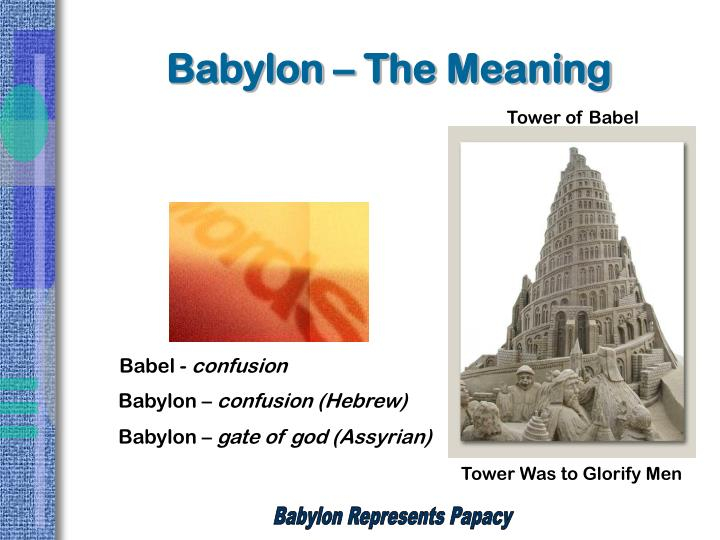What Does Babylonian Mean: Unraveling the Mysteries of Ancient Civilization
Are you curious about the meaning behind the term “Babylonian”? Dive into the fascinating world of ancient Mesopotamia with us as we explore the rich history and culture of this enigmatic civilization. From their advanced knowledge of astronomy to their intricate language and writing system, the Babylonians left a lasting legacy that continues to intrigue historians and archaeologists to this day.
Knowledge
The term “Babylonian” refers to the people who lived in the ancient city of Babylon, located in present-day Iraq. This civilization flourished in the region known as Mesopotamia, often referred to as the “cradle of civilization” due to its significance in the development of human society. The Babylonians are best known for their impressive achievements in various fields, including mathematics, astronomy, and architecture.
One of the most notable contributions of the Babylonians was their advancements in astronomy. They were skilled observers of the night sky and developed a sophisticated system for tracking celestial movements. The famous Babylonian astronomers created the first known written astronomical records, including the zodiac and the concept of the equinoxes and solstices.
The Babylonians were also pioneers in the field of mathematics. They developed a base-60 numbering system that influenced the way we measure time and angles today. This system, known as the sexagesimal system, allowed them to make complex calculations and solve equations with remarkable precision. The Babylonians are credited with the invention of the first known trigonometry tables, which were used for practical purposes such as surveying and construction.
The Babylonians had a sophisticated writing system known as cuneiform, which consisted of wedge-shaped characters impressed on clay tablets. This script was used for recording various aspects of daily life, including legal documents, literary works, and religious texts. The Babylonian language, a dialect of Akkadian, was also spoken by other ancient Mesopotamian civilizations and served as a lingua franca in the region.
Conclusion
In conclusion, the term “Babylonian” encompasses a rich and diverse culture that has left a lasting impact on the world. From their groundbreaking discoveries in astronomy and mathematics to their complex language and writing system, the Babylonians were pioneers in many fields. This article is aimed at history enthusiasts, students, and anyone interested in delving into the mysteries of ancient civilizations.
As we reflect on the legacy of the Babylonians, we gain a deeper appreciation for the ingenuity and creativity of our ancestors. Their contributions to human knowledge and culture continue to inspire us to explore new horizons and push the boundaries of what is possible. By studying the achievements of the Babylonians, we can gain valuable insights into our shared history and the development of human civilization.






